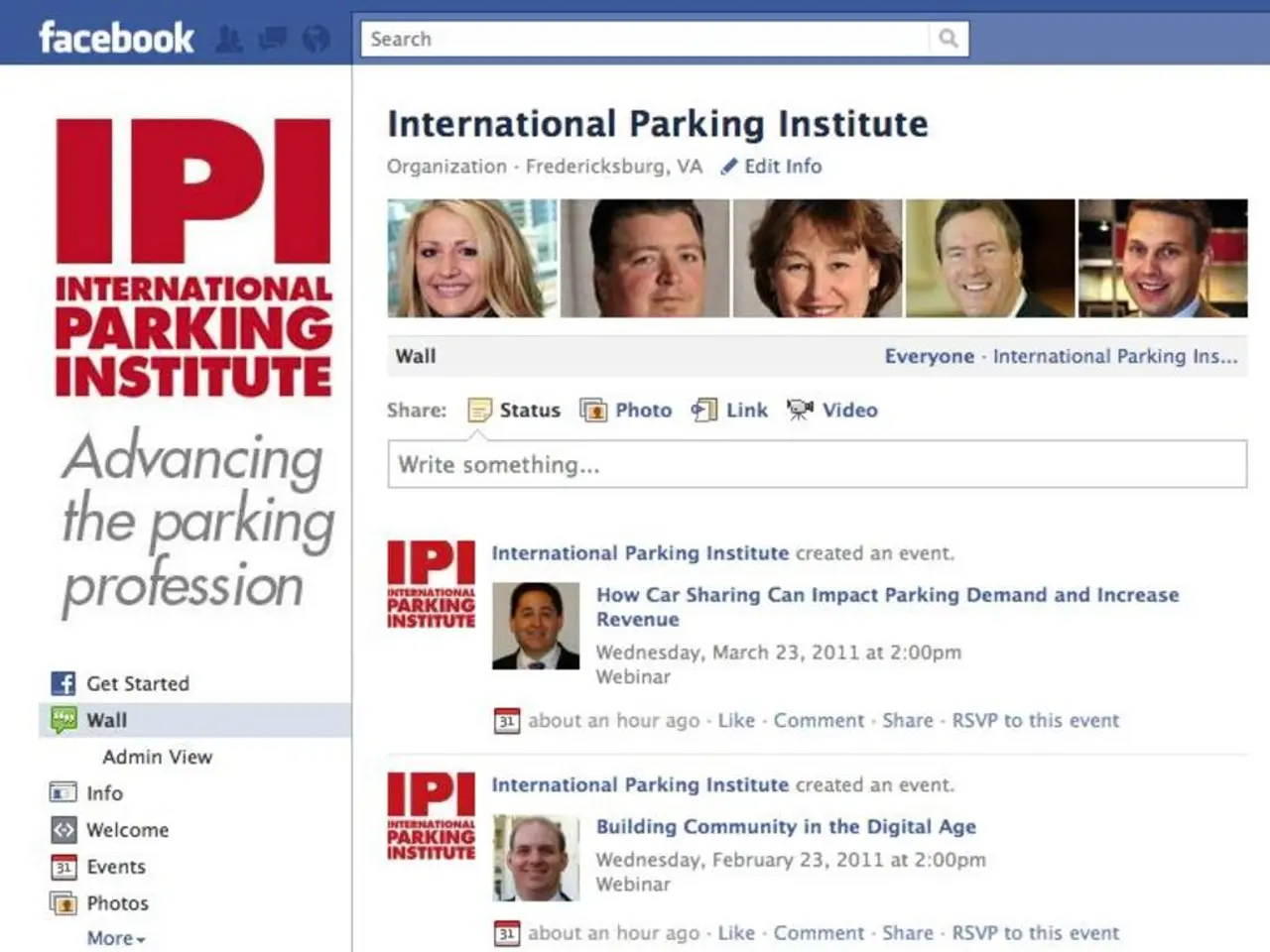Women in Philadelphia continue efforts to narrow the persistent gender wage disparity
In recent years, there has been increasing political pressure for employers to become more transparent about salaries, with laws requiring listed compensation in job postings in states like Colorado and New York. This push for transparency is a response to the persistent gender pay gap, a challenge that is not limited to specific locations but is prevalent across the United States.
One organization leading the conversation about pay transparency is the Forum of Executive Women (FEW). Based in Philadelphia, the nonpartisan membership organization seeks to educate its members rather than endorse legislation. In mid-July, the FEW hosted a LinkedIn live coffee chat to discuss pay transparency.
The FEW's annual pay equity report, released this year, highlights the current status of pay equity issues in Philadelphia and nearby areas. The report reveals that while progress is needed, clear data, tools, and successful local models exist to address the gender wage gap. However, Philadelphia faces a 43-year projected timeline to achieve pay equity if no meaningful action is taken.
Meghan Pierce, CEO of the Forum of Executive Women, emphasizes the importance of a board member-level agreement about a company or nonprofit's strategic goals around salaries and pay equity. According to Pierce, paid family leave is a significant factor contributing to the gender pay gap, and socially, we don't value the act of caregiving enough and don't recognize how much caregivers are impacted.
In Philadelphia, the gender pay gap continues to widen with age. By 35 years old, the gap widens to between 17% and 20%. Across Pennsylvania, the gender pay gap widens for Asian, Black, and Latina or Hispanic women on the state level to 84 cents, 63 cents, and 55 cents, respectively, compared to their white counterparts.
In Philadelphia, median pay was higher for men than women across nearly all races and ethnicities in 2023. Asian women earned marginally more than Asian men. In Philadelphia and nearby Lehigh County, employers are prohibited from asking potential applicants about their salary history as an anti-discrimination ordinance.
The FEW report serves as a pragmatic guide urging employers—especially those led by its members who are among Philadelphia’s top company executives—to develop clear compensation philosophies with board-level agreement. Such strategic alignment is seen as essential to embed pay equity in organizational goals and culture, cascading from leadership to all levels.
One local issue reflecting the broader pay equity challenge is the pay disparity faced by Philadelphia teachers, about 70% of whom are women. Teachers earn starting salaries markedly below the median for Pennsylvania college graduates, leading to tension and a potential strike, underscoring persistent pay inequities in female-dominated professions locally.
Nationwide, the same trend across race and ethnicity found at the state and city level continues at the national level. The median pay for non-Hispanic or Latina white women who worked full-time was $57,291, compared to $71,994 for non-Hispanic or Latino white men.
The federal law known as the Equal Pay Act, passed more than 60 years ago, allows employers to pay women and men unequal wages for equal work if disparities are explained by factors such as seniority or merit. However, the FEW report emphasizes board-level leadership and transparency as key levers to shorten the current long timeline toward pay equity and reflects localized demands for fair compensation across sectors.
Some companies are changing their language around pay equity, leaning into the concept that it's a smart, market-driven decision to diversify teams. This shift in mindset, coupled with increased transparency and a commitment to pay equity from the top down, offers hope for a future where the gender pay gap is a thing of the past.
- The push for transparency in compensation policies, as seen in legislative efforts in states like Colorado and New York, is an integral part of career-development discussions, as it aims to address the persistent gender pay gap emphasized in general-news.
- The Forum of Executive Women (FEW), a leading advocacy group for education-and-self-development, has highlighted policy-and-legislation as a key factor in tackling pay inequality through their annual pay equity report, emphasizing the importance of board-level agreement for career-development and organization-wide change.




